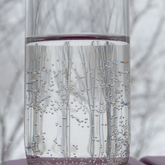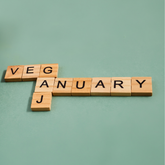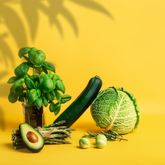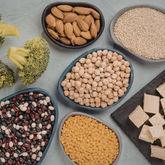Antibiotic resistance is a growing global health crisis, and recent studies suggest that our drinking water may be playing a role in its acceleration. With traces of antibiotics and resistant bacteria detected in tap water across Europe, the UK, and the US, concerns about the impact on human health are rising. The presence of these contaminants highlights the urgent need for better water filtration solutions.
The Hidden Threat in Tap Water
Water sources are increasingly contaminated with trace amounts of antibiotics, stemming from pharmaceutical waste, agricultural runoff, and improper disposal of medications. In a 2023 UK study, researchers found antibiotic-resistant bacteria in several major rivers and drinking water sources. Similarly, in the US, studies have revealed that antibiotics such as ciprofloxacin and azithromycin persist in municipal water supplies. In Europe, wastewater treatment plants have been identified as hotspots for the spread of antibiotic-resistant genes into the environment.
The presence of these substances in drinking water can encourage bacteria to develop resistance over time. When people consume even small amounts of antibiotic-contaminated water, it may contribute to the broader issue of antibiotic resistance, making infections harder to treat and leading to increased healthcare challenges.
The Impact on Public Health
The World Health Organization (WHO) has classified antimicrobial resistance as one of the top global health threats. Infections from antibiotic-resistant bacteria are becoming more common, with an estimated 1.27 million deaths worldwide directly attributed to drug-resistant infections in 2019. In the UK, cases of resistant E. coli and Klebsiella pneumoniae have been rising, complicating treatments for urinary tract infections and pneumonia. In the US, the Centers for Disease Control and Prevention (CDC) has warned that superbugs could become a leading cause of death by 2050 if urgent action is not taken.
Why Filtration Matters
One of the most effective ways to protect yourself from antibiotic contamination in tap water is by using a high-quality water filtration system. While many standard filters remove sediments and chlorine, they do not effectively eliminate pharmaceutical residues.
The Watery filter from Milky Plant offers an advanced solution for those looking to purify their water at home. Designed to filter out contaminants, including antibiotic residues and bacteria, Watery helps ensure that your drinking water is clean, safe, and free from harmful substances. By using a reliable filtration system, households can take a proactive approach to reducing their exposure to antibiotic-resistant bacteria and supporting overall health.
Taking Action
While regulatory bodies in Europe, the UK, and the US are working to address water contamination, individual action is crucial. Here’s what you can do:
- Filter Your Water – Invest in a high-quality water filter like the Watery filter from Milky Plant to reduce exposure to antibiotic residues.
- Dispose of Medications Properly – Never flush antibiotics down the drain; instead, return unused medications to a pharmacy or follow local disposal guidelines.
- Support Stronger Regulations – Advocate for improved wastewater treatment policies and stricter environmental regulations to limit antibiotic pollution.
- Stay Informed – Keep up with research on antibiotic resistance and its impact on public health to make informed choices for your household.
The link between tap water and antibiotic resistance is a growing concern in Europe, the UK, and the US. By taking simple yet effective measures, such as using the Watery filter from Milky Plant, individuals can help reduce their exposure to antibiotic residues and support the fight against antibiotic resistance. Protecting our water supply is a collective effort, and filtering tap water is a crucial step toward safeguarding our health for generations to come.















